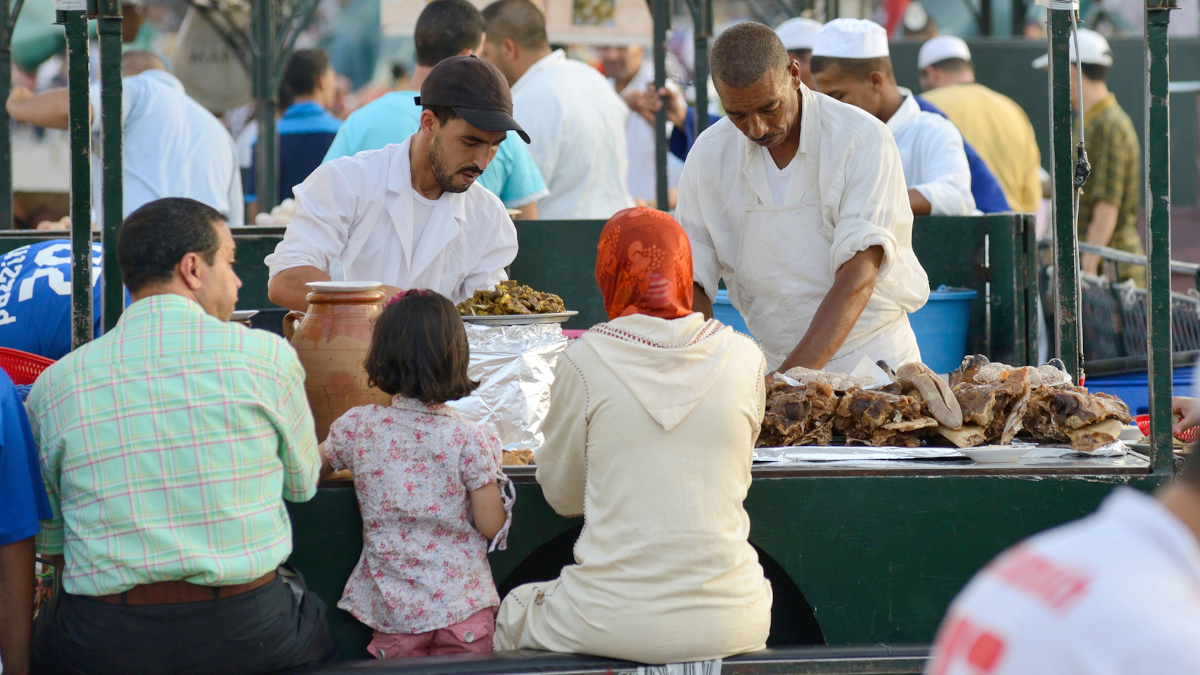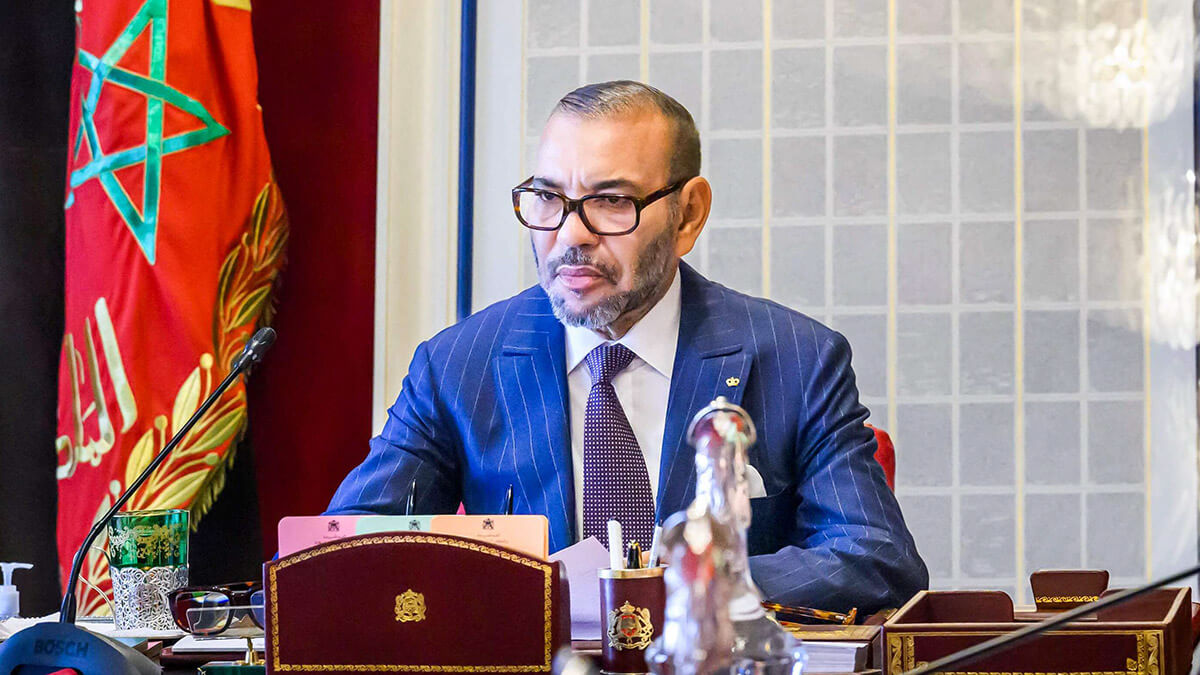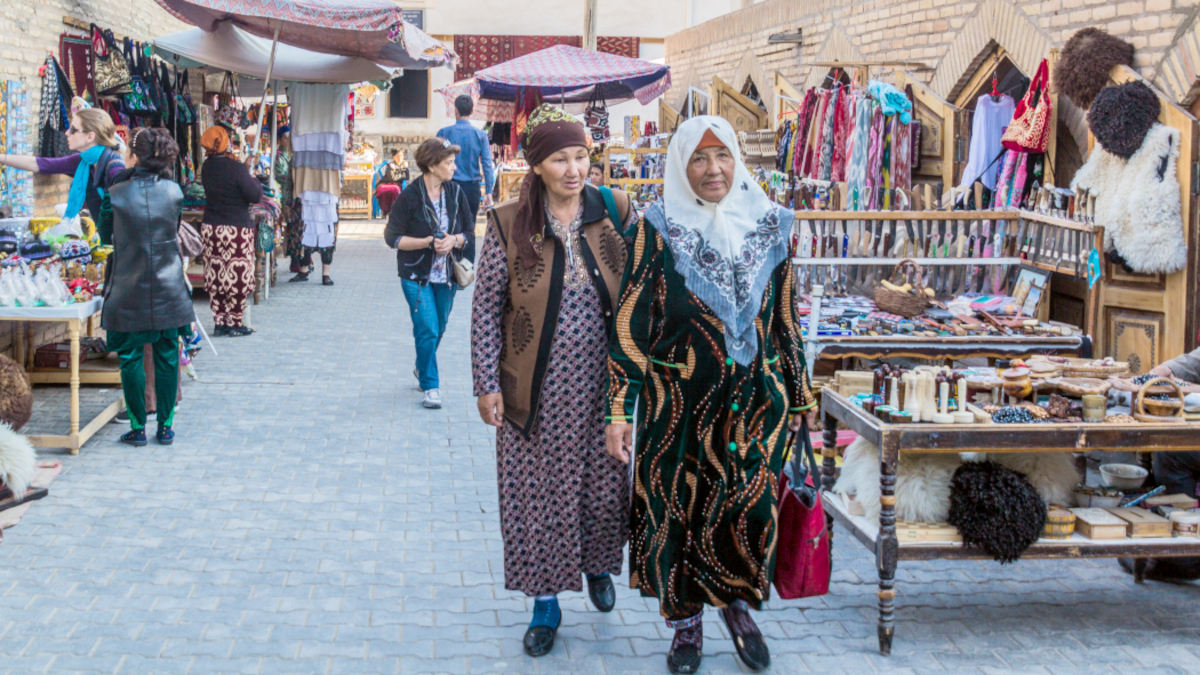Morocco will present Family Code addressing modern challenges

it closer to modern times. The main reason is to modernise it and make it more compatible with the needs and values of Moroccan society today. To this end, the Supreme Scientific Council (CCS) was commissioned to draft a new Code.
The revision is an abrupt process due to the complexity between maintaining the balance between modernisation and the preservation of social values and principles. The line between violating religious laws or not is a fine one. The involvement of the Council is key. The Council is a way of ensuring that the code does not lose its coherence. In trying to adapt to the needs and realities of today's world, it is important to take into account traditional and religious values.

This religious body is responsible for issuing Fatwas. A fatwa is an opinion issued by an authoritative institution interpreting Islamic law, used to resolve specific issues.
Among the reforms being considered are child marriage, inheritance and alimony.
In the latest modernisation of the Code, the King, according to Al-Arab, issued an order to the CCS to issue a fatwa on: marriage, divorce, polygamy and inheritance. Al-Arab experts claimed that such an issuance will be a guarantee that the Family Code will be adapted to today's society and will not lose "harmony" with the religious principles of Moroccan society.
One of them, Ahmed Reda Al-Shami, president of the Social Economic and Environmental Council, affirmed that the Code will advance in accordance with the modernisation and situation of the country. Zeina Hashem, on the other hand, as a lawyer, urged that Mohammed VI's decision to amend the Code is a response to the prudent treatment of family issues and the resolution of failures in the application of the previous Code.
Tolerance and modernisation in the revision process are two keys to which the King wants to give the utmost importance. That is why he asked the CCS to "embrace the virtues of modernisation and open and constructive diligence, and to take into account the light of the legal controls of the true religion of Islam".

Fatwa, Mundawana, Muftis and Imams
Understanding the Family Code and its implications is no simple task. Knowing what each term implies and the importance of each institution and/or person is necessary to understand the full functioning of this Code in Moroccan society.
Muftis are experts with a recognised authority in society who know perfectly the interpretations of Islamic law. The imam, on the other hand, is the religious and spiritual authority. Imams can issue both fatwas and mundawanas, as well as being in charge of a mosque.

Fatwas, as explained above, are the opinions issued by Muslim scholars, usually muftis, who have a thorough knowledge of Islamic law. Unlike mundawanas, fatwas always refer to a specific answer or question. Mundawanas, therefore, are broadcasts of the same character but deal with general issues, not necessarily with a specific situation.
The Family Code in society
The Moroccan Family Code is the main law regulating family relations in the country. The importance and impact of the Code on Moroccan society and families is very high. Affecting and influencing the day to day life, the correct drafting of the Code and its possible modifications are a matter of great importance in a society that is always attentive to such modifications.
The protection of family rights, the guarantee of gender equality, stability and harmony in the home or the support of education and health are some of the main branches on which the Code is based. It is important that the law is always interpreted and applied in a fair and effective manner, updated and adapted to the new realities and challenges facing society.









